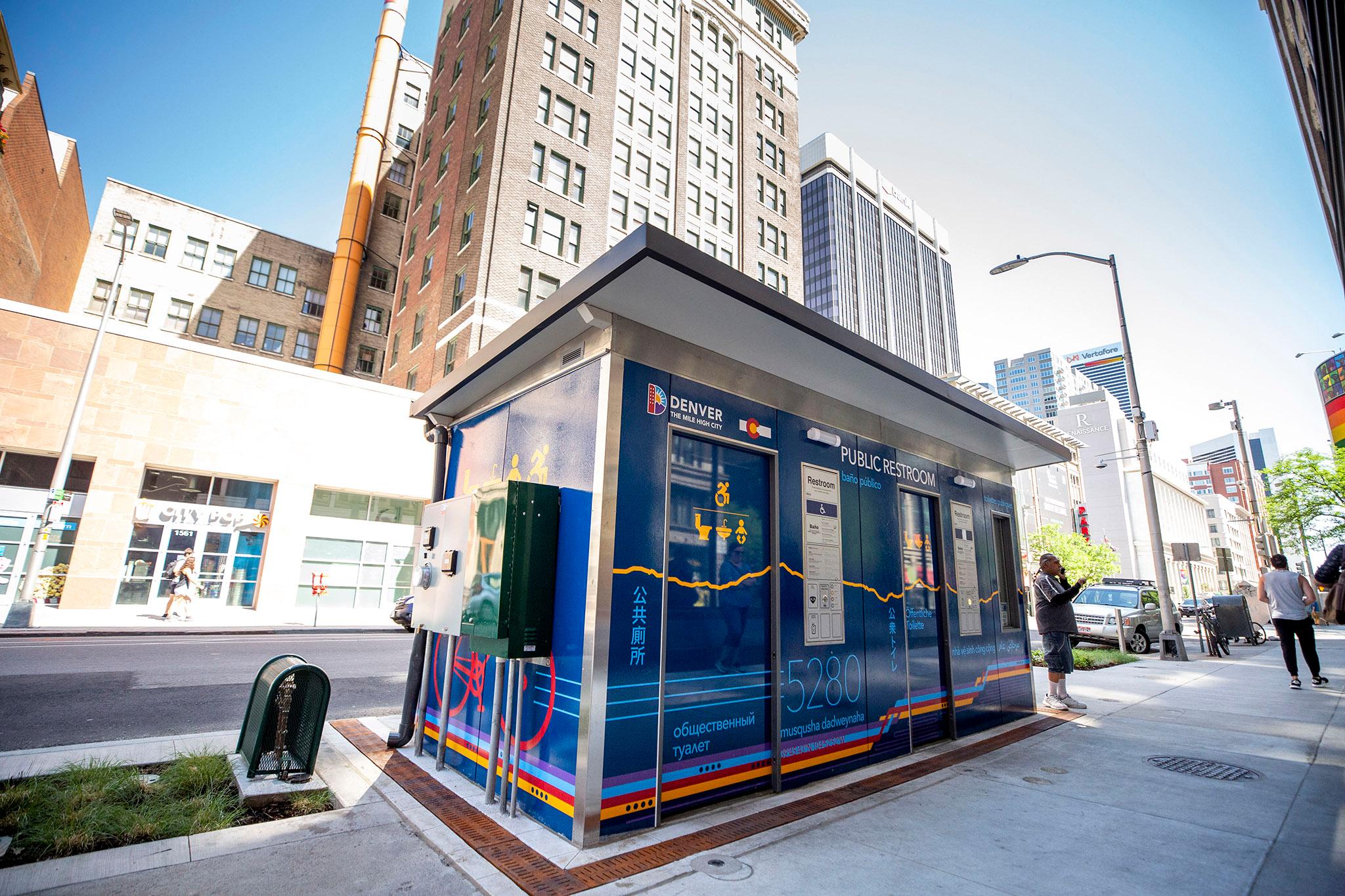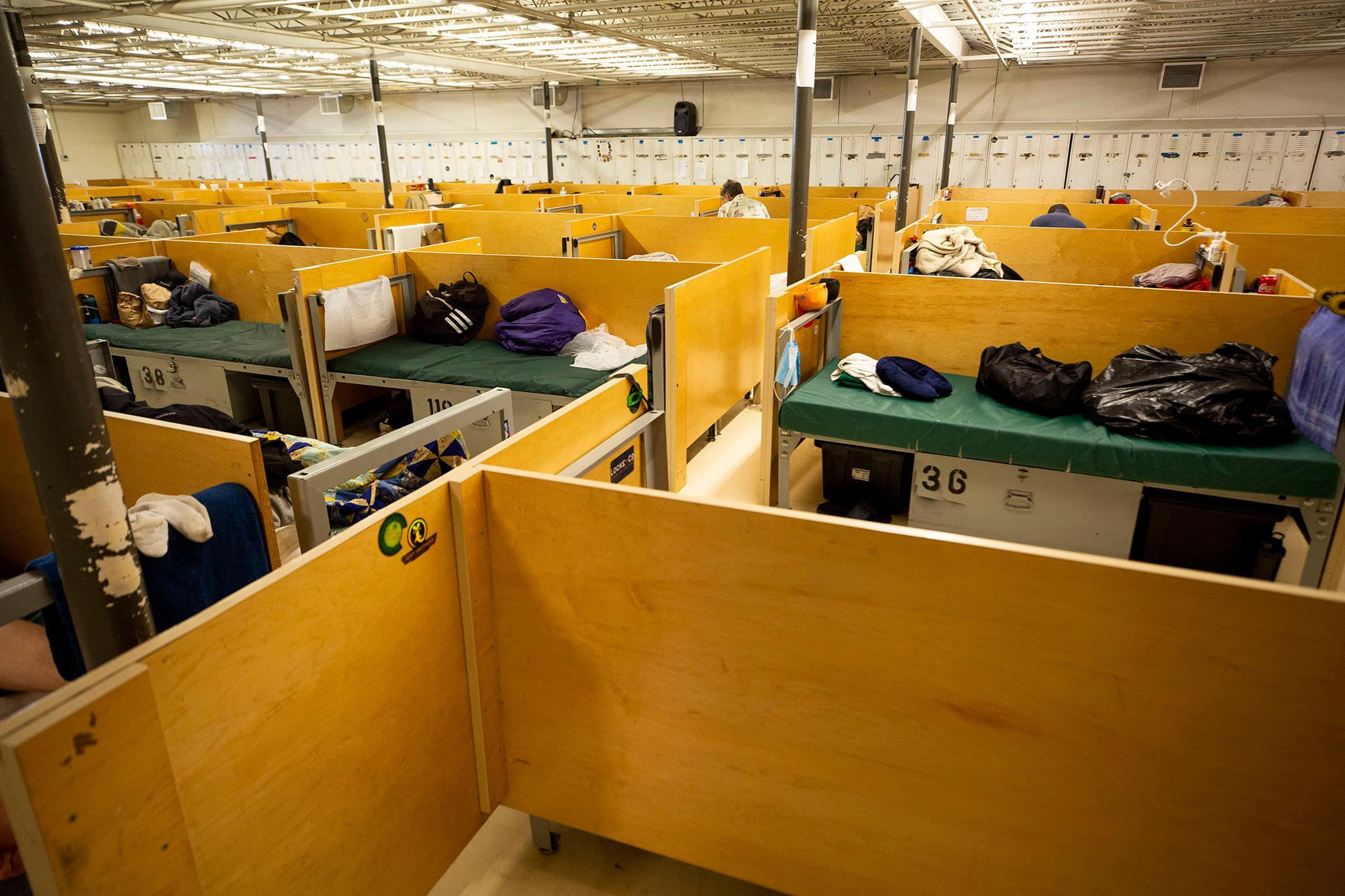Good job, Denver.
That was City Auditor Timothy M. O'Brien's brief assessment of how the city managed millions in pandemic relief money it got last year.
O'Brien recently released findings from an audit on how the city managed $126.9 million in federal aid. The money came from the CARES Act, the $2.2 trillion relief package approved by Congress last year. It's the package that paid for stimulus checks in 2020.
The money helped the city pay for unexpected costs resulting from the pandemic -- with some stipulations. It had to be used for necessary costs that had not been accounted for by the city's previously approved budget. It couldn't be used to pay for revenue shortfalls. Not all of the money from the CARES Act has been spent, though it has to be spent by the end of this year.
O'Brien's audit was meant to see whether the money was managed appropriately by the city, and he found that it was. He gave kudos to the city's Department of Finance, which created a federal funding committee to figure how the money would be used, created a phased spending plan to determine where the money would go and submitted required federal reports on time. It also gave the department some credit for being transparent by launching an interactive dashboard so people knew how the money was being spent.

"With the huge dollar amounts coming into the city and going out so quickly, it was essential to have my team ensure the Department of Finance was managing the money right away," O'Brien said in a release. "I wanted to make sure there was no room for someone to take advantage of the chaos and that Finance's process was sound for managing these and future relief dollars."
The money was released in phases, starting in May 2020.
It was shortly after the city got the money from the federal government in April 2020, as the pandemic had prompted a stay-at-home order in the city (remember that?!).
The first phase -- $20 million -- was what the auditor called emergency deployment, paying for things like food assistance, public health, shelter and housing, and economic support. Two additional phases starting in July 2020 and October 2020 spent an additional $66.3 million.
Some of the ways the money was spent:
- $39.3 million to help pay to maintain and expand temporary places for people experiencing homelessness to stay
- $12 million to provide grants for more local businesses, with more than 2,000 grants awarded
- $8 million to help people pay for their rent, mortgage and utilities
- $3 million for emergency food distribution, which provided 5 million meals and more than 270,000 food boxes for people
- $800,000 for a new public toilet near the 16th Street mall
There were some things the auditor found could have been improved.
It noted some transactions weren't properly documented and others didn't have information detailing how an expense was related to the pandemic. It found the finance department failed to properly track and review interests from the relief fund, though city auditor spokesperson Tayler Overschmidt said didn't impact how much money the city got but it left the finance department not knowing how much money they would have available in interest.

The city has gotten a lot of coronavirus-related money; the auditor's report listed at least $604 million from various sources as of April. That includes state and federal money, including money from the Federal Emergency Management Agency, which has its own rules about how money can be spent (it wasn't part of this audit).
The latest chunk of federal pandemic aid money came from the American Rescue Plan. It provided $308 million to the city (this also wasn't part of this audit) and is supposed to be given to the city in two chunks starting this year. It has to be spent by 2024.
That process got started this month. Denver City Council on Monday approved spending a portion of this federal money. The $46.2 million approved for spending will pay for things like Parks and Rec to reopen rec centers and for Denver Public Library, Denver Fire Department, Denver Police and Denver Sheriffs to make hires and restore jobs, according to city documents.












